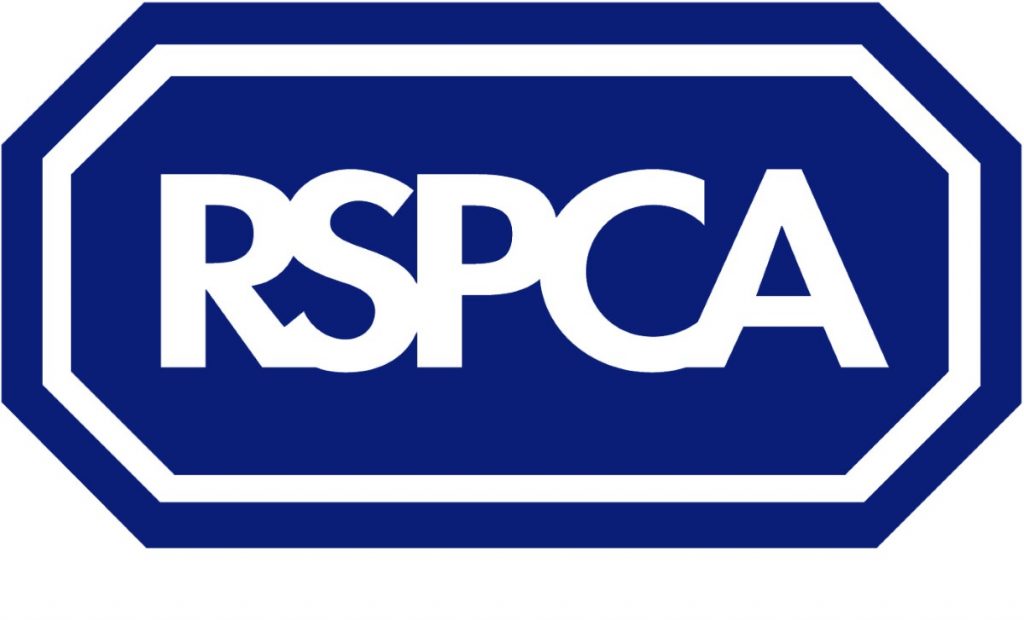RSPCA: New law for lab animals
RSPCA renews call for ending of ‘severe’ suffering
New regulations on the use of animals in experiments in the UK took effect yesterday (1 January).
The RSPCA believes more can and should be done to bring about an end to severe suffering of lab animals.
The Government implemented the requirements of an updated European Directive after a hard fought battle by the RSPCA and others ensured that most of the UK controls, which are of a higher standard than some other EU countries, will remain in place.
The RSPCA was at the forefront of persuading the Government to retain higher UK standards, rather than settling for what could have been a watered down version.
The amended UK controls are broadly similar to those already in place, but some features may be slightly different. It will take a while before it is clear how these changes affect animal welfare.
Dr Maggy Jennings said: “We will be watching very closely to see how the new legislation works in practice. With the numbers of animals involved in research and testing rising every year, it has never been more important to have in place a robust, well-enforced and challenging system of control.”
The new law emphasises the need to reduce the use of animals and replace them with humane alternatives – something the RSPCA fought hard for. But Dr Jennings warns that: “Words alone will change nothing. There has to be real commitment on the ground to change the way science is done.”
There are still ongoing concerns including significant reductions seen in recent years in both the number of Home Office inspectors and the number of visits they are able to make to establishments which are licensed to carry out experiments. The independent body (the Animal Procedures Committee) tasked with providing advice to the Home Office has also been disbanded.
A new ‘Animals in Science Committee’ will be established in its place in the coming months but it is not yet clear what its remit will be.
Dr Jennings continued: “The public is deeply concerned about the use and suffering of lab animals and expects to see a properly resourced and effective Home Office inspectorate. It is also vital that the new national Animals in Science Committee is set up to be truly independent and to provide a strong voice to challenge the status quo.”
The RSPCA also wants to see:
Rigorous implementation of the new regulations, especially those aspects relating to the ethical consideration of whether and how animals are used.
An effective system which ensures all persons involved are well trained in the legal, ethical, animal welfare and 3Rs issues and are fully competent in respect of practical skills.
Better implementation of all ‘3Rs’ (replacement of animals with humane alternatives, reduction in animal use, refinement to reduce suffering).
In particular, that more be done to end suffering graded as ‘severe’.
-ends-
Notes to editors
Known as 2010/63/EU, the new directive regulates the way laboratory animals are used and cared for in experiments throughout the EU’s 27 member states.
The directive takes into account some countries having very limited regulations on animal experiments. It will be an improvement for these member states, but the UK controls were already much higher – subject to a few minor alterations, the UK has retained its current controls.





-01.png)